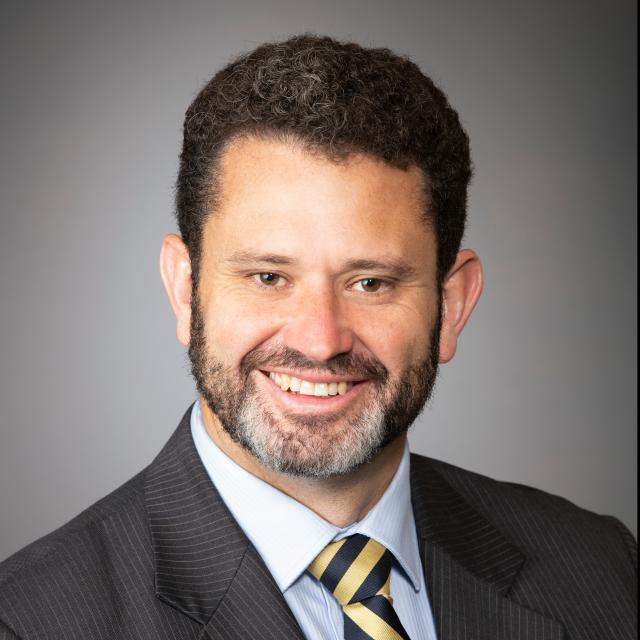
HARSHER new penalties for criminal ringleaders aimed to protect children could soon be introduced.
The tougher approach by the South Australian government’s hopes to crack down on those who try to circumvent the law by recruiting children to commit crimes.
The proposed legislation being introduced to state parliament this week will see perpetrators face up to 15 years in jail, or even more if the offence committed by the youth can attract a greater sentence.
There is no general offence provision dealing with adults who recruit children to engage in criminal activity currently in the state.
If passed, South Australia would have the toughest penalties in the country for people who recruit children to break the law.
The recruitment offence will apply where a child is recruited to commit a major indictable offence.
If the major indictable offence that the child is recruited for attracts a maximum penalty greater than 15 years in jail, they will be exposed to the greater of the two penalties.
An adult can be convicted of the recruitment offence whether or not the child actually engages in the criminal activity, and whether or not the child is or can be prosecuted for, or is found guilty of, the criminal activity.
Attorney-General Kyam Maher said the news laws will see criminals get the punishment they deserve.
“Anyone who involves children in crime deserves to face the full force of the law,” he said.
“These laws would give South Australia the toughest penalties in the nation, sending a clear message that we will throw the book at anyone who tries to get a child to commit a serious crime.
“Ensuring the safety of the community is one of the top priorities of the State Government.
“This Government will do whatever is necessary to protect the community from criminal offending and safeguard the wellbeing of young South Australians.”







